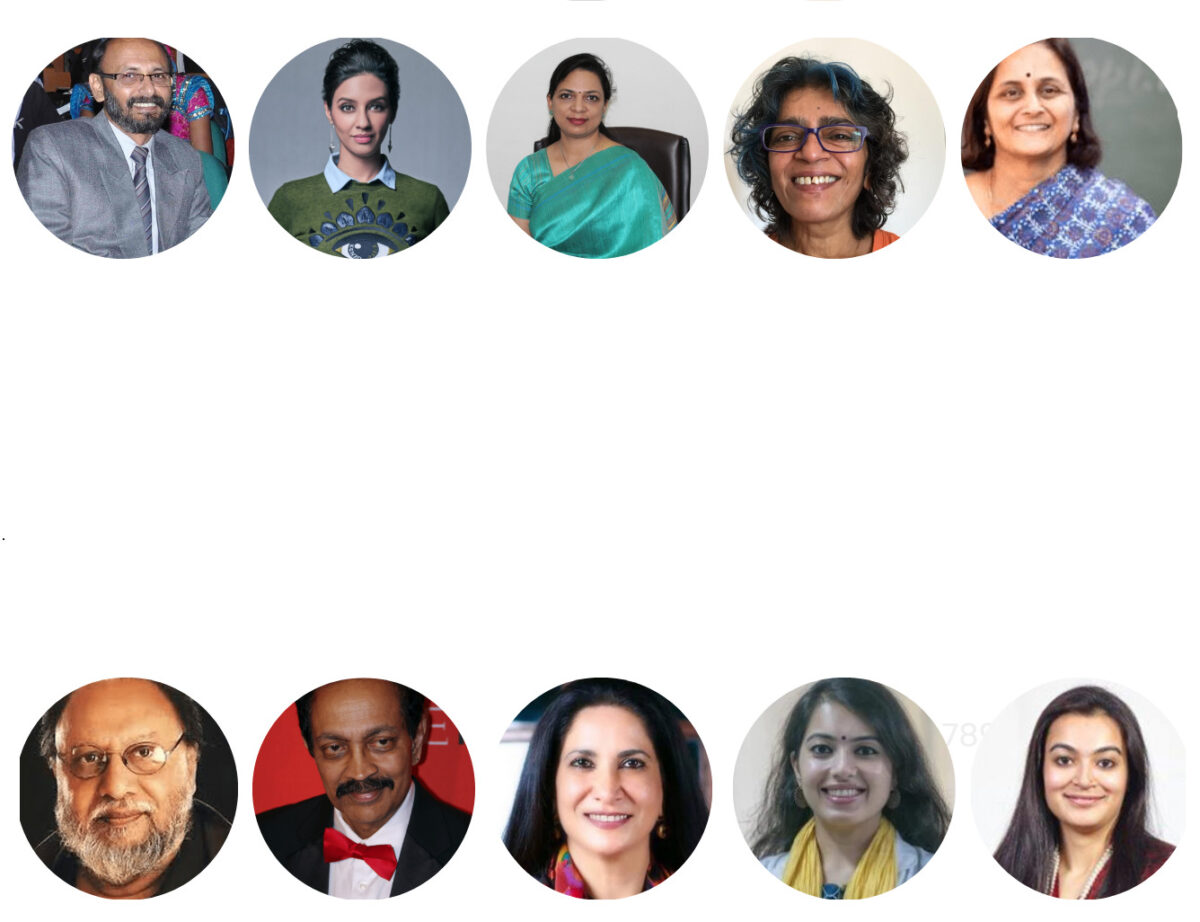How to Choose the Best Psychologist in Delhi for Personalized Treatment
How to Choose the Best Psychologist in Delhi for Personalized Treatment
Blog Article
The Function of Psych Treatment in Taking Care Of Stress And Anxiety and Clinical Depression
Psychiatric therapy has actually arised as a cornerstone in the monitoring of anxiousness and depression, offering customized interventions that vary from Cognitive-Behavioral Therapy (CBT) to mindfulness-based techniques. These methods not only help individuals in determining and restructuring adverse thought patterns but likewise foster present-moment awareness, minimizing the propensity to ponder.
Recognizing Anxiety and Depression
Recognizing stress and anxiety and anxiety calls for a detailed look at these common psychological wellness problems, which usually exist together and considerably impact a person's everyday life. On the other hand, depression materializes as a prevalent feeling of despondence, unhappiness, or vacuum, usually gone along with by a loss of interest in formerly delighted in tasks, adjustments in cravings, and sleep disruptions.
The coexistence of anxiousness and clinical depression can complicate and aggravate signs medical diagnosis and therapy. Individuals dealing with both problems may experience much more severe signs, higher problems in work-related and social performance, and a longer period of ailment. This comorbidity necessitates a nuanced understanding and strategy to treatment.
Neurobiological aspects such as neurotransmitter inequalities, genetic predispositions, and ecological stressors add to the growth and upkeep of these conditions. Cognitive patterns like unfavorable thinking and maladaptive actions can bolster these conditions. Understanding the detailed interplay of these factors is essential for reliable treatment. Comprehensive analysis by mental health experts is vital to determine the visibility and level of these conditions, leading the way for customized restorative methods.
Sorts Of Psychotherapy
Psychiatric therapy, also called talk treatment, encompasses a variety of treatment techniques made to reduce symptoms of stress and anxiety and depression by attending to the underlying emotional and mental concerns. Various kinds of psychotherapy are tailored to fulfill the one-of-a-kind needs of individuals, providing a series of techniques to mental wellness treatment.
One widely made use of form is psychodynamic treatment, which focuses on understanding and resolving subconscious disputes originating from early life experiences. By exploring these deep-seated problems, clients obtain understanding right into their present behavior and emotional state.
Social Therapy (IPT) is one more reliable technique that focuses on enhancing interpersonal relationships and function to reduce depressive symptoms. It usually deals with problems such as sorrow, duty changes, and interpersonal conflicts.
Humanistic therapies, such as Client-Centered Treatment, stress personal growth and self-actualization. Best Psychologist in Delhi. These techniques produce a supportive environment where people can discover their sensations and establish a stronger sense of self
Last But Not Least, Dialectical Behavior Therapy (DBT) integrates cognitive-behavioral techniques with mindfulness methods. Originally established for borderline personality problem, DBT has actually been adjusted to deal with stress and anxiety and anxiety by training skills in distress tolerance, psychological law, and social efficiency.
These diverse psychotherapeutic approaches offer multiple pathways to mental health and wellness and wellness, dealing with restorative needs and private preferences.
Cognitive-Behavioral Therapy (CBT)
Among the different psychotherapeutic modalities, Cognitive-Behavioral Treatment (CBT) stands apart for its structured, ambitious technique in treating anxiety and depression. Established by Aaron T. Beck in the 1960s, CBT is based on the principle that maladaptive reasoning patterns add considerably to emotional distress and behavioral concerns. By determining and reorganizing these unfavorable idea patterns, CBT aims to alleviate signs and redirected here symptoms and foster much healthier cognitive processes.
The therapy incorporates a selection of strategies, consisting of cognitive restructuring, direct exposure treatment, and behavioral activation. Cognitive look at this web-site restructuring concentrates on challenging and changing distorted cognitions, while exposure therapy gradually acclimates people to anxiety-provoking stimulations, lowering evasion actions.
Empirical proof underscores the efficacy of CBT, with countless research studies demonstrating its effectiveness in reducing symptoms of anxiety and clinical depression. This healing strategy has been adapted for various populaces and setups, verifying functional and adaptable. Its structured nature, empirical support, and concentrate on ability acquisition make CBT a cornerstone in the psychotherapeutic treatment of anxiety and depression.
Mindfulness-Based Methods
Mindfulness-Based Strategies have actually gathered considerable attention in the last few years as effective interventions for stress and anxiety and depression. Rooted in old meditation techniques, these techniques intend to cultivate an enhanced understanding of today moment, which can aid people disengage from the ruminative idea patterns commonly connected with anxiousness and depressive disorders.

Likewise, Mindfulness-Based Cognitive Therapy (MBCT) incorporates principles from Cognitive-Behavioral Therapy (CBT) with mindfulness strategies. MBCT is specifically effective in protecting against regression in people with recurrent clinical depression. By identifying very early caution indicators of depressive episodes, people educated in MBCT can use mindfulness methods to minimize the beginning of full-blown episodes.
Advantages of Psychotherapy
Countless studies have actually demonstrated the extensive advantages of psychiatric therapy for individuals grappling with anxiety and clinical depression. Psychiatric therapy gears up patients with coping strategies to manage distressing emotions, therefore reducing signs of anxiety and depression.
Furthermore, psychiatric therapy provides a structured atmosphere for self-exploration and understanding. By discussing their experiences and feelings with an experienced therapist, people can discover underlying concerns contributing to their psychological health struggles. This self-awareness is a crucial step toward long-term healing and resilience.
One more substantial benefit is the improvement of social skills. Anxiety and depression often stress relationships, causing seclusion. Through Continued restorative treatments, clients find out efficient communication and conflict-resolution abilities, which can improve their interactions and foster encouraging partnerships.
Additionally, psychiatric therapy supplies a tailored technique to treatment. Therapists can adjust methods to fulfill the one-of-a-kind requirements of each person, guaranteeing a customized treatment plan. This personalization improves the efficacy of therapy, promoting continual psychological wellness enhancements. Inevitably, the advantages of psychiatric therapy prolong beyond symptom alleviation, adding to total wellness and lifestyle.

Final Thought
Psychotherapy dramatically adds to the management of stress and anxiety and anxiety by providing efficient coping techniques and a secure setting for self-exploration. Methods such as Cognitive-Behavioral Treatment (CBT) and mindfulness-based techniques contribute in recognizing and restructuring unfavorable thought patterns, while promoting present-moment awareness. These customized interventions not just ease signs yet also improve psychological law and social abilities, therefore enhancing overall wellness and lifestyle for individuals encountering these mental wellness challenges.
Psychotherapy has emerged as a keystone in the management of stress and anxiety and depression, offering customized interventions that range from Cognitive-Behavioral Therapy (CBT) to mindfulness-based methods.Understanding anxiousness and depression needs an extensive look at these prevalent mental wellness conditions, which typically coexist and significantly influence a person's daily life.Among the different psychotherapeutic methods, Cognitive-Behavioral Treatment (CBT) stands out for its structured, goal-oriented approach in treating stress and anxiety and anxiety.Numerous researches have demonstrated the extensive benefits of psychotherapy for individuals grappling with anxiousness and clinical depression. Psychiatric therapy gears up clients with coping approaches to take care of traumatic emotions, thus reducing signs and symptoms of stress and anxiety and clinical depression.
Report this page